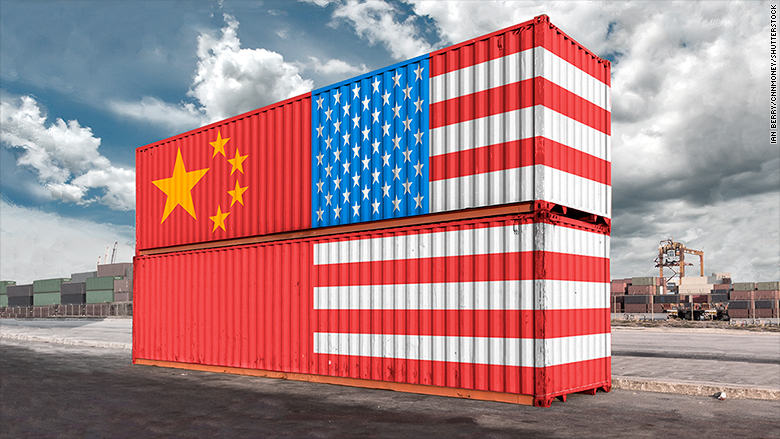
The trade disputes between the United States and China are taking a toll on businesses. Shanghai, China recently imposed a 210 million yuan (approximately 36.3 billion South Korean won, or $29 million) fine on the SAIC General Motors joint venture for antitrust violations.* This is 4 percent of its annual sales – a heavy penalty that is unusual for China to impose on a U.S. company. When charged with allegations of trade retaliation, China responded, “No one should read anything improper into the timing of penalty decisions or businesses that are targeted,” claiming that it is inadequate to view their action as being aimed at a U.S. company. However, this is hard to believe. Rather, it is more likely a response to the United States trade representative’s decision on Dec. 21 to put Taobao, the online shopping mall of Alibaba, China’s largest e-commerce company, on its “notorious market” list. The Financial Times and other foreign papers also consider China’s targeting of GM to be retaliatory.
The smoke signals between the two countries are becoming thicker and thicker. U.S. President-elect Donald Trump recently angered China by targeting “One-China” and China’s exchange rate policies. Furthermore, when he refused to acknowledge China as a “market economy,” China reported the U.S. to the World Trade Organization on Dec. 12. The U.S. also filed reports three days later with claims that China is unfairly limiting imports of wheat and corn from the United States.
The situation would have been better if the trade friction between the two countries were limited to the WTO. But as the U.S. appointed hardliner Peter Navarro the first chairman of the National Trade Commission to oversee trade policy, the war front began expanding into businesses; Alibaba and GM were only the beginning. This is a troublesome situation both globally and in Korea. In a global trading environment that is already tough as it is, the collision of the two major powers could be disastrous. And as a country dependent on both nations for trade, Korea is reacting sensitively to the issue that could deal major blows to Korean corporations. This is the reason Korea should fully manage our diplomatic ties to closely monitor the flow of the U.S.-China trade war.
*Editor’s note: SAIC stands for Shanghai Automotive Industry Corporation.

Leave a Reply
You must be logged in to post a comment.